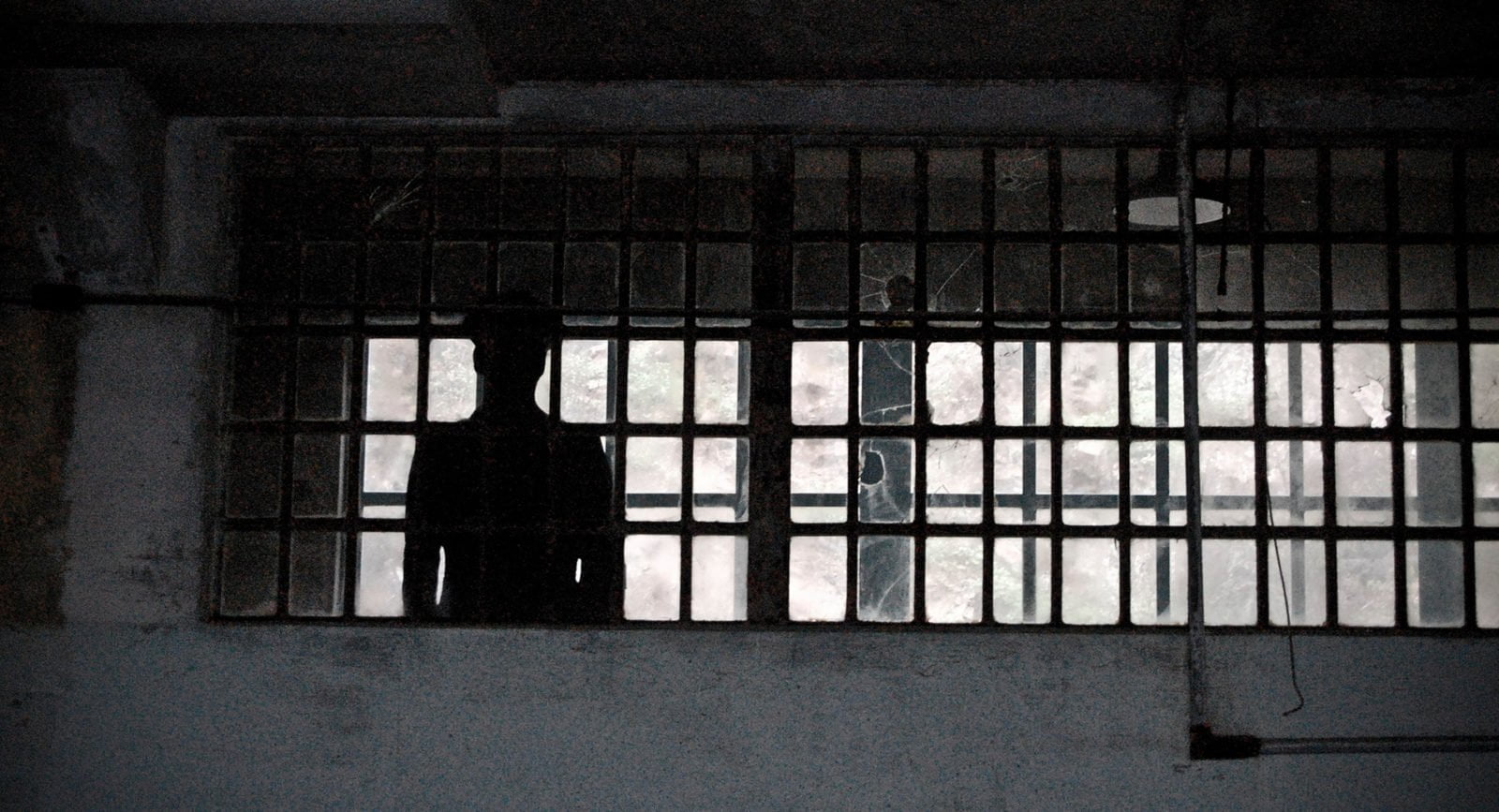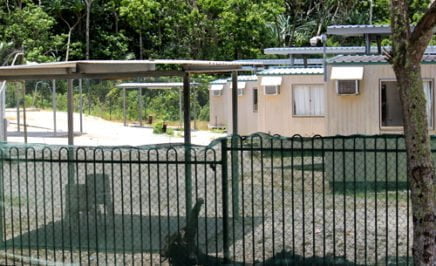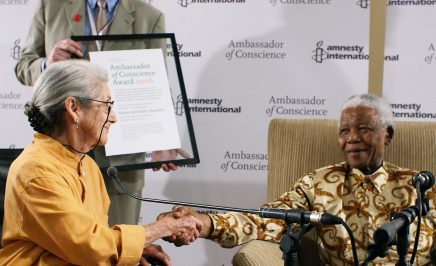A new Bill to go before Australian Parliament to prohibit mobile phones in immigration detention seeks to fix a problem that doesn’t exist and violates international rules, Amnesty International Australia said today.
Making a submission to the Legal & Constitutional Affairs Legislation Committee’s inquiry into the Migration Amendment (Prohibiting Items in Immigration Detention Facilities) Bill 2020, serious concerns were raised that as the bill stands it breaches the Mandela Rules which among other things, ensures detainees can remain connected to family and friends.
“I’ve been visiting immigration detention centres across Australia for the past 20 years and have found the availability of fixed phones and computers to be woefully inadequate,” Amnesty International Australia Refugee Advisor, Dr Graham Thom, said.
“The ability to contact and have private conversations with legal representatives and family members – often really distressing calls – is virtually impossible. Where there is access to a phone there is usually a queue of people behind the caller demanding their turn to speak and variable costs for international calls also means some groups are able to speak with family longer, increasing tensions between groups in the centres.
“It has only been through access to mobile phones that Australia has been able to come close to meeting its commitments under the Mandela Rules.”
Mobile phones, SIM cards, and other communication devices are incredibly important to people held in immigration detention (including refugees detained in hotels). Seizure of such items will lead to isolation from family and outside supports. The United Nations Standard Minimum Rules for the Treatment of Prisoners (the Mandela Rules) stress the need for people in detention to:
- communicate with family and friends at regular intervals (Rule 37),
- stay connected with their community (Rule61), and
- foster an improved relationship with family (Rule 79).
Medical experts have already expressed concern with keeping vulnerable people in detention during the COVID-19 crisis. A Bill that would force hundreds of men to share phones and computers at this time is extraordinarily and unnecessarily risky during a global pandemic
Dr Graham Thom, Amnesty International Australia Refugee Advisor.
“Medical experts have already expressed concern with keeping vulnerable people in detention during the COVID-19 crisis. A Bill that would force hundreds of men to share phones and computers at this time is extraordinarily and unnecessarily risky during a global pandemic”, Dr Thom said.
“It’s also extraordinary that during the COVID-19 crisis, when external oversight bodies, such as the Ombudsman and the Australian Human Rights Commission are not visiting the centres, the government is proposing to further remove transparency regarding the treatment of those administratively detained,” he said.





